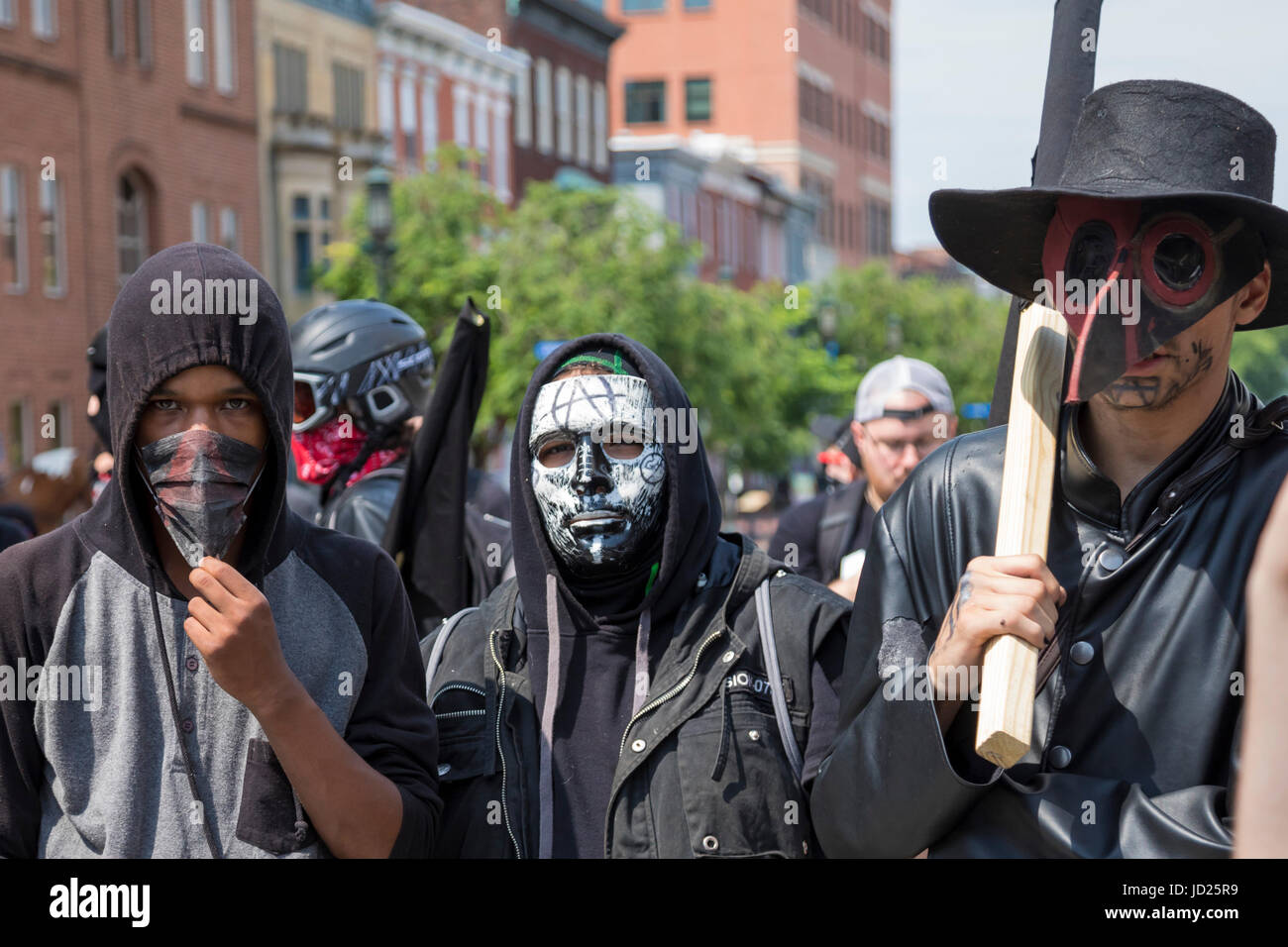



To assume that all Black Americans are concerned about racial justice and racial equality slides into a taxonomy issue, that is, reduces Black Americans’ concerns to issues that supposedly have to do with racial classification, and contends that only questions bearing directly or explicitly on race matter to African Americans. It’s assumed that the definitive concern is race. “The idea of a Black vote is itself historically specific, and is bound up in a circular argument. He has written on voting and the American electorate for many election cycles, including an article titled “Vote for the Lying Neoliberal Warmonger: It’s Important ”Īdolph Reed is professor emeritus of political science in the School of Arts & Sciences. Mistaking the Black vote for singularity, and blanket disenfranchisementĪdolph Reed is professor emeritus of political science in the School of Arts & Sciences. The theme of this years’ Black History Month is to highlight that. Black politics are more complex than simply a shared opposition to racial discrimination. But, as Brown, Reed, and Berry all stress, to reduce Black voters to an indivisible unit is to deny African American voters singular identities, and distills the implied cohesion of “the Black vote” to a simple matter of opposition to racial inequality, while bypassing the broad range of political issues white voters can prioritize: economic uncertainty, religious freedom, environmentalism, etc. For the country’s current two-party system, more Black candidates at the local and state levels may help usher new generations of voters to the polls, and even more electoral visibility for alternative political parties. The women’s suffrage movement-a fractious campaign that spanned over eighty years-was rife with tension between former abolitionists, eager to see newly freed Black people enfranchised, and white women who put their own access to vote ahead of a true “women’s suffrage.”ĭisenfranchisement for all Black voters has been a common roadblock to equality at the polls both before and after the Voting Rights Act of 1965. Nor, as Reed and Brown point out, the privilege of voting for a candidate who most resembles them in terms of identity and cosmology. For both Black men and women, the constitutional right to vote has not hewed historically with the ease and accessibility of voting. It also marks 150 years since the Fifteenth Amendment, which won the right for Black men to vote in America. By the late 1960s, college campuses across the country had begun to replace Negro History Week with Black History Month, and designated an annual theme.Īfrican American demonstrators outside the White House on March 12, 1965.Ģ020 marks the 100-year anniversary of women’s suffrage. Woodson, a writer and historian who founded of the Association for the Study of African American Life and History, spent his career working to popularize knowledge about the history of Black people. It was Woodson’s goal to see African American history celebrated as a one-week affair, and urged schools to use Negro History Week to demonstrate what students learned all year. Black History Month’s origin goes back to February 1926 when Carter G. Adolph Reed, Kathleen Brown, and Mary Francis Berry each spoke on the historical state of voting for African Americans, and the current election year. Penn Today reached out to current and former Penn faculty in the School of Arts and Sciences to expound on the idea of the African Americans and the vote. The nuance is at the heart of Black History Month’s theme, and implores all Americans to understand the history and the current climate, to educate themselves on what it means to be Black in the American polity. In short, there is not one Black vote, and there is not one history of the Black vote. In fact, the African American vote spans a history that extends beyond the adoption of Black suffrage in America, has been politically and socially fraught, and is representative of as diverse a voting body as the country at large. This year’s theme, African Americans and the Vote, is deceptive in its title, and, as Penn researchers elaborate, on the face may be an inaccurate representation of singularity. Black History Month has been thematic since its inception in 1976, not to distill focus on the African American experience but to add to a collection of historical awareness and food for thought.


 0 kommentar(er)
0 kommentar(er)
